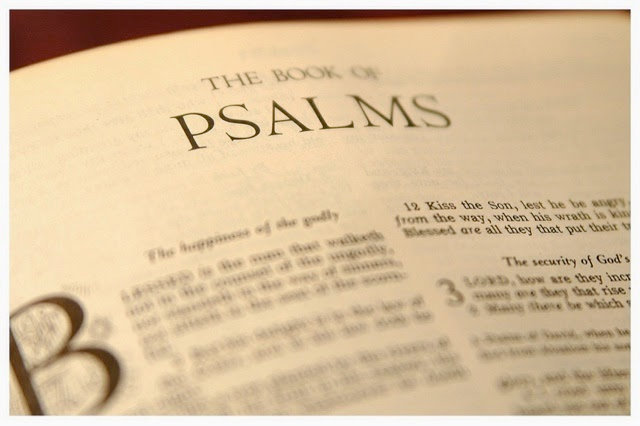GETTING THE MESSAGE/Jesus sought, then taught sinners
Psalm 110 is one of the most quoted psalms in the New Testament. It teaches the divinity of the promised Messiah. That is an incredibly deep truth to contemplate. But what we see is that the Bible clearly teaches that Christ is the eternal Son of God, very God of very God.
In Mark 12, Jesus says that David was speaking in the Holy Spirit when he wrote this psalm. Psalm 110:1 says, “The Lord said to my Lord: “Sit at my right hand, until I make your enemies your footstool.” God had promised David (2nd Samuel 7) that one of his descendants would rule over God’s people forever.
Jesus says in Mark 12, “David himself calls him Lord. So how is he his son?” Jesus is teaching that the Messiah already had existence as the eternal Son of God when David spoke of him. In John 10, Jesus says that he was before Abraham. When Jesus was speaking of these things he had not yet been exalted to the right hand of God.
Psalm 110:1 is speaking of the exaltation of Christ after his resurrection and ascension into heaven. His “sitting at the right hand of God” indicates he is resting from his work of suffering for sinners, but now has been given all power and authority to build his church. His exaltation means he has been exalted in our nature.
This has vital application for us. The Son of God came into this world to save sinners. When Jesus taught, he was teaching sinners. He taught us that our soul was our most important possession and need: “What can a man give in exchange for his soul” (Mark 8)?
The main problem with man in this world is that he is not concerned about his soul. The Scriptures are not only clear in their teaching about the divinity of Christ, but also explicit in stating that Christ is the only Savior of sinners. He took our nature in order to represent us and reconcile us to God. There is no other name under heaven whereby men can be saved.
There is a dire warning in this verse: Christ will judge all his enemies. Whoever doesn’t know the power of his salvation will know the power of his wrath against sin. We learn what misery and wretchedness there is in sin that would make men enemies to Christ, who is full of goodness and love. Christ died in order to save men from such opposition to God.
All who come to Christ will be welcomed. There is great encouragement here for us. Although the Son of God is infinitely above us, he is not unfamiliar with our weakness and struggles with sin. He experienced the frailty of our nature. He knew the assaults of the devil, betrayal by men, the allurements of sin and the world, and so on. He is not unsympathetic to sinners.
Psalm 110:4 speaks of his intercession for us: “The Lord has sworn and will not change his mind, ‘You are a priest forever after the order of Melchizedek.” In the Old Testament the high priest would sacrifice an animal and then take the blood into the holy of holies (the presence of God) to sprinkle it on the mercy seat. It represented the need for atonement for sin.
Christ after he offered himself on the cross for his people, went into the presence of God with his offering as the Lamb slain for sinners. The blood of Christ cleanses us from all sin. The oath of God that Christ will be a priest forever assures us that we have eternal life in his name. How else can we enter into the presence of God? There is no communion between darkness and light, between sin and a Holy God. But Christ takes away all our corruption, takes away the offense.
We have in this psalm clearly laid out for us both the majesty of Christ, and the condescension of Christ to come and take our sins upon himself. The question is do you believe it? Do you know Christ? Have you called on his name?
If you have Christ, you have here great reason to love him and honor him, to be humble and thankful. You have reason to serve him and his kingdom. He is your king, your Lord. He is the Savior of your soul, and the unchangeable rock you can rest upon now and forever.



